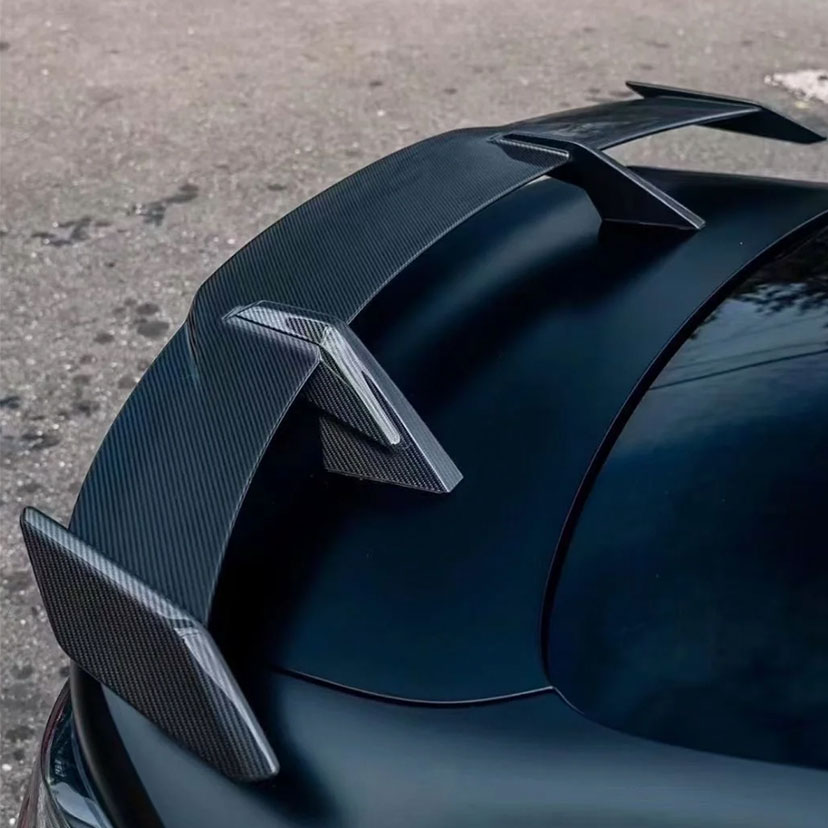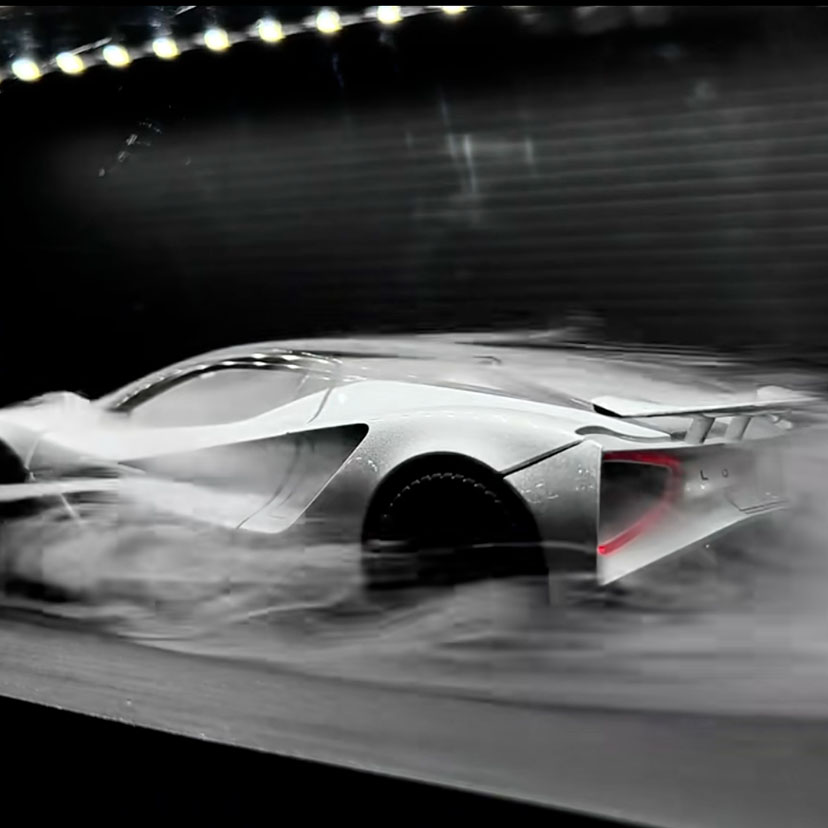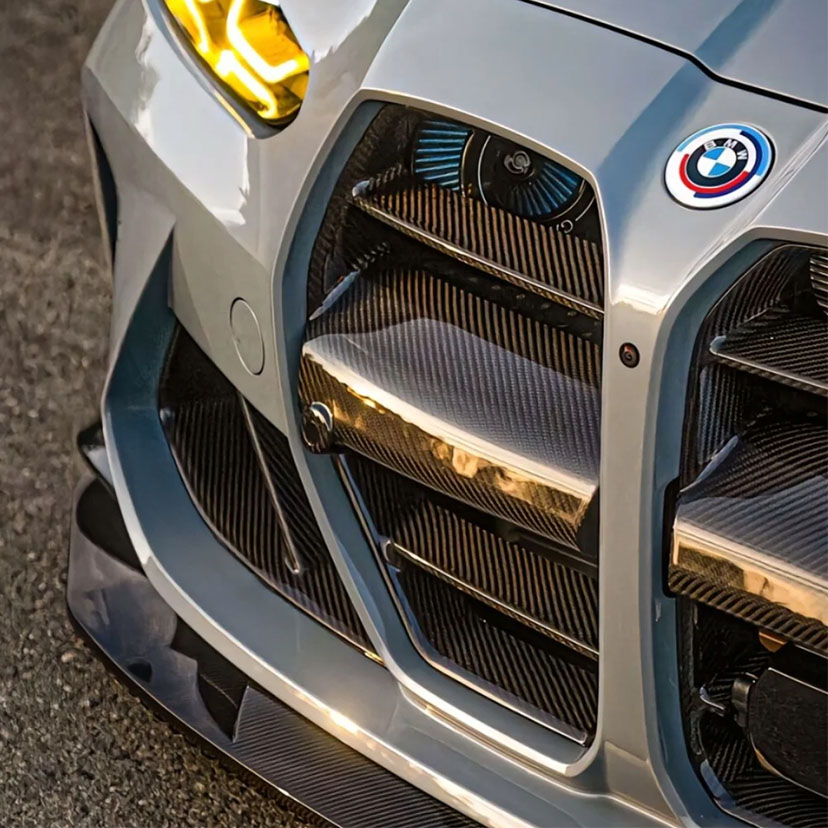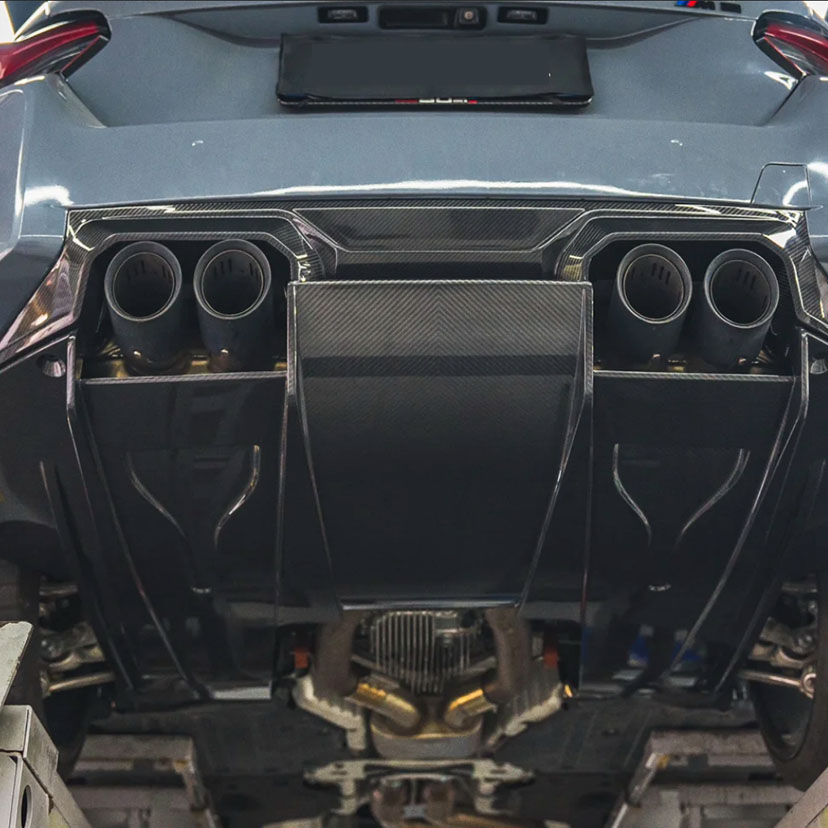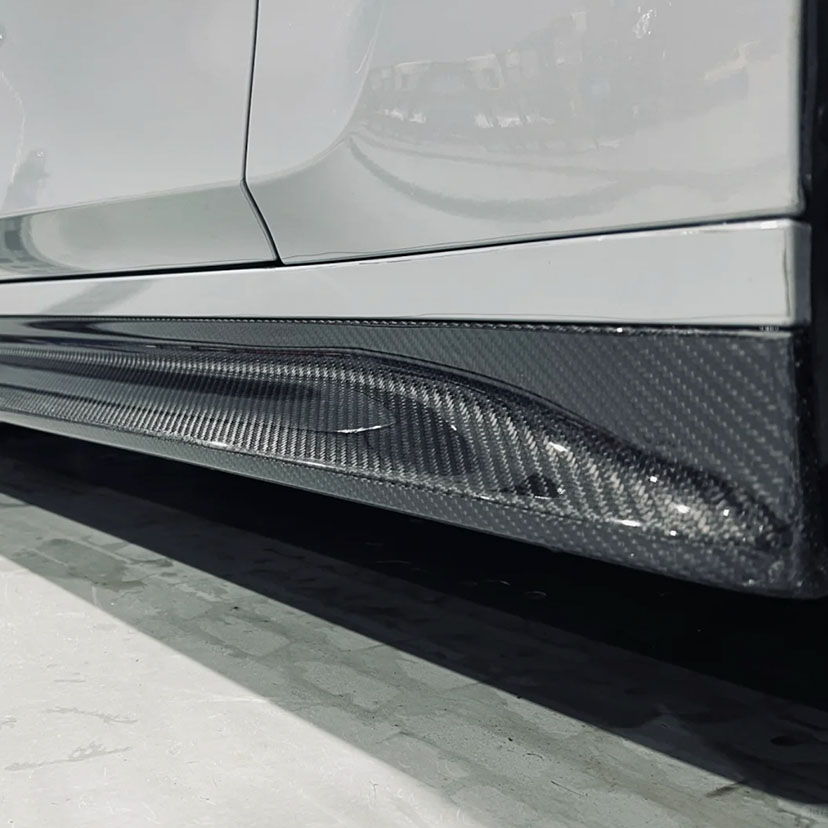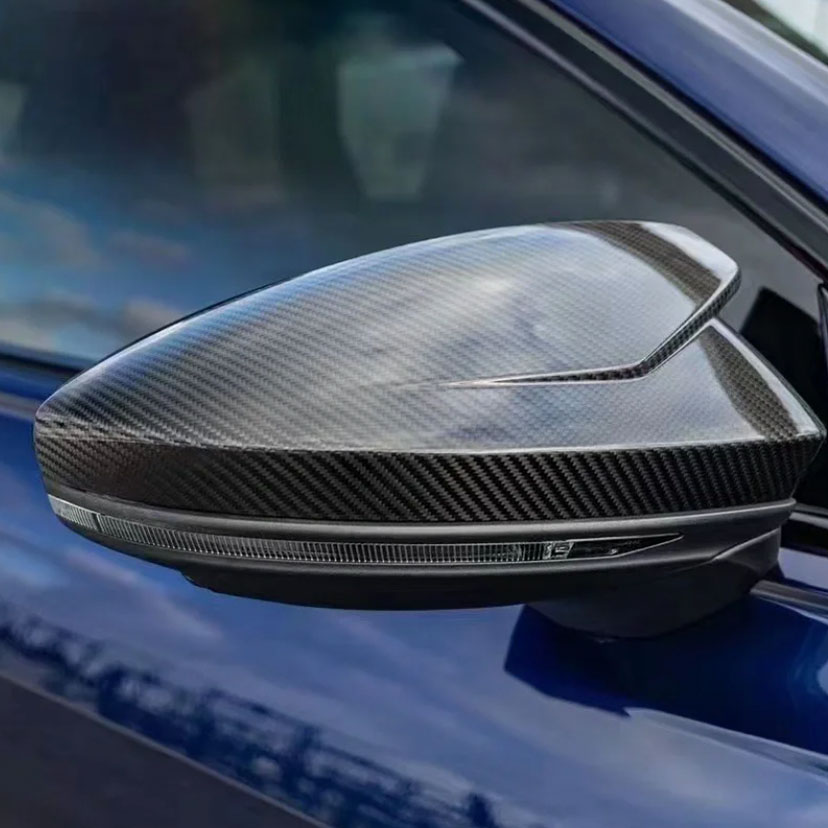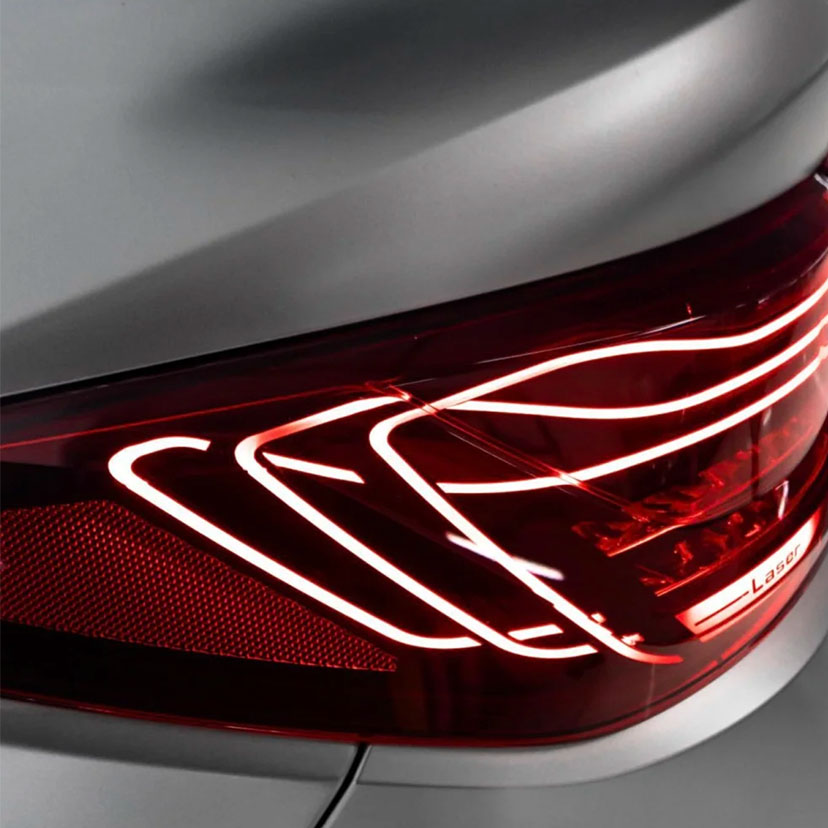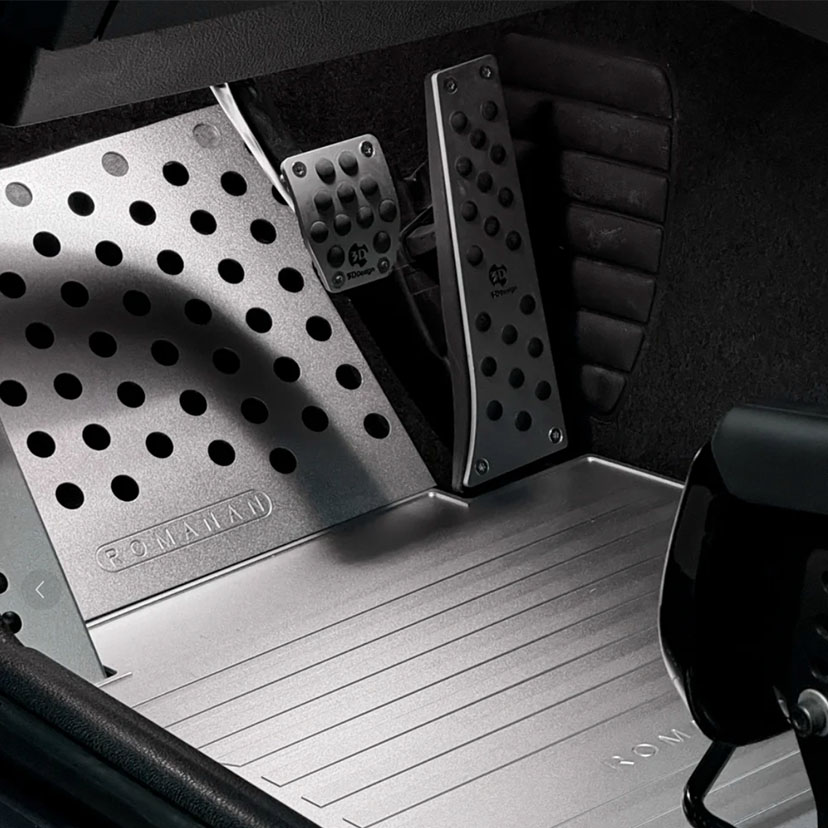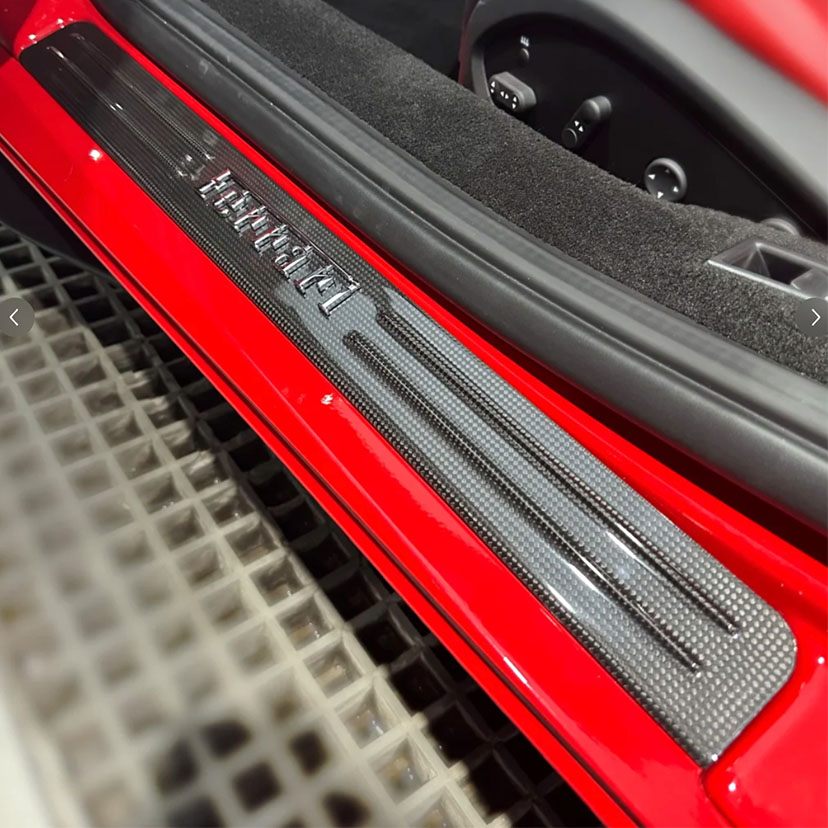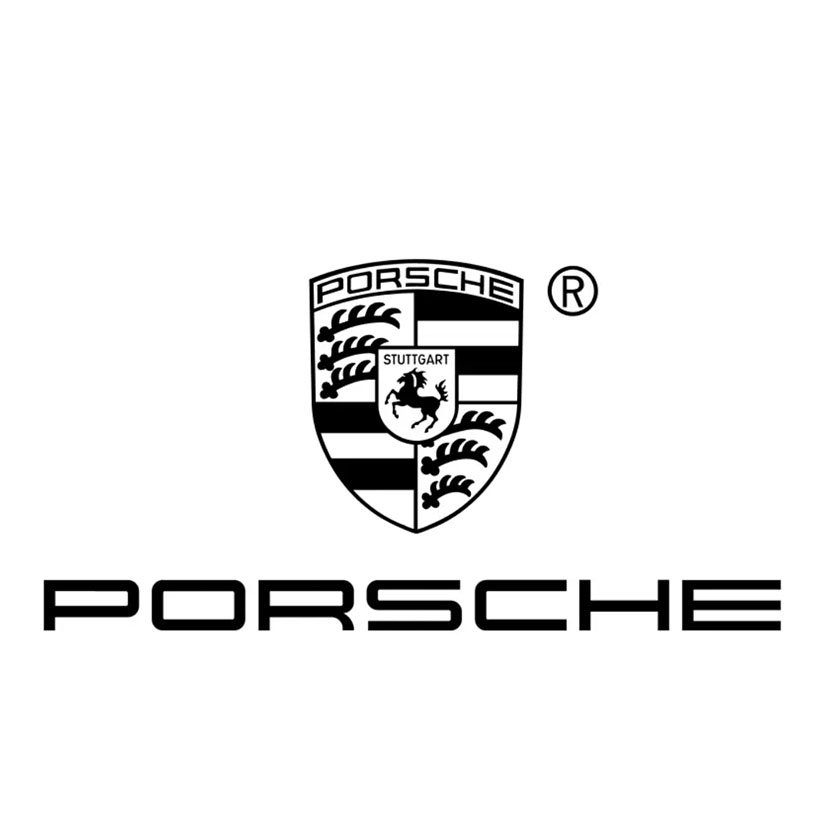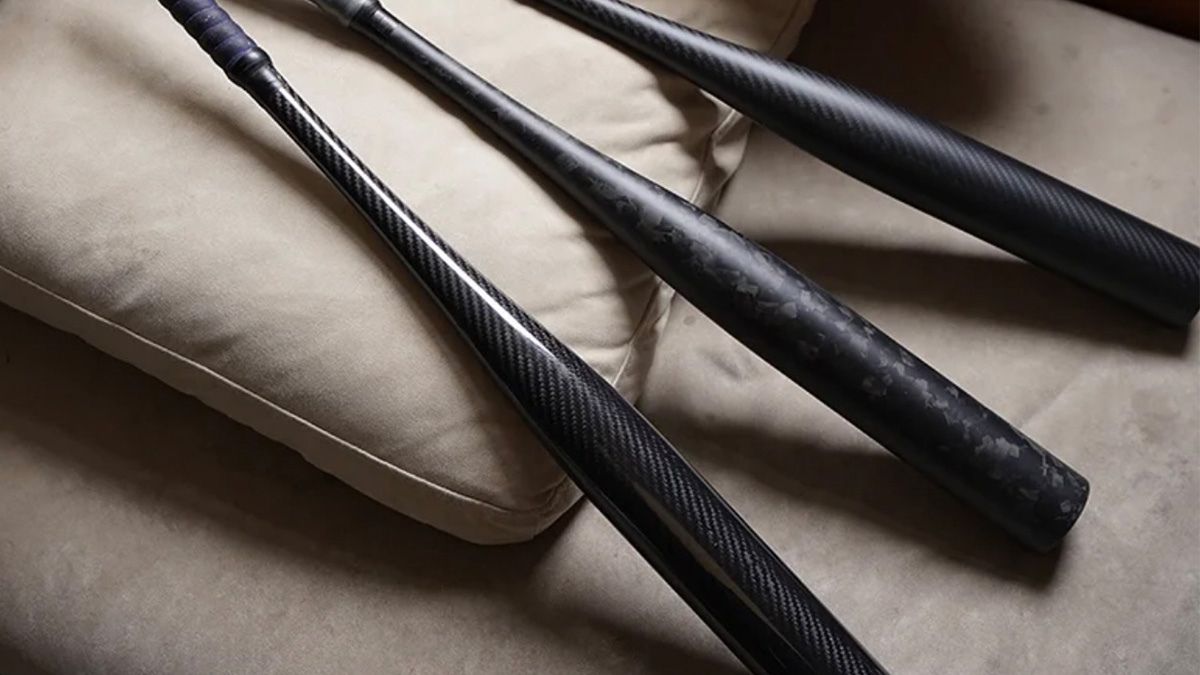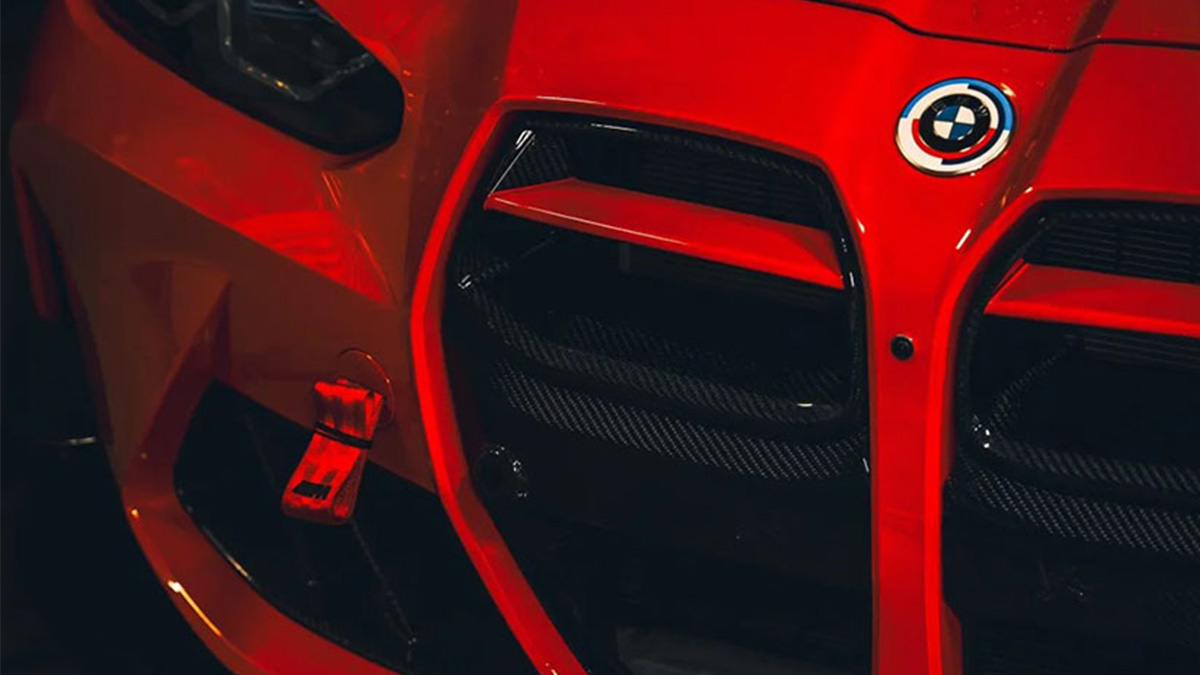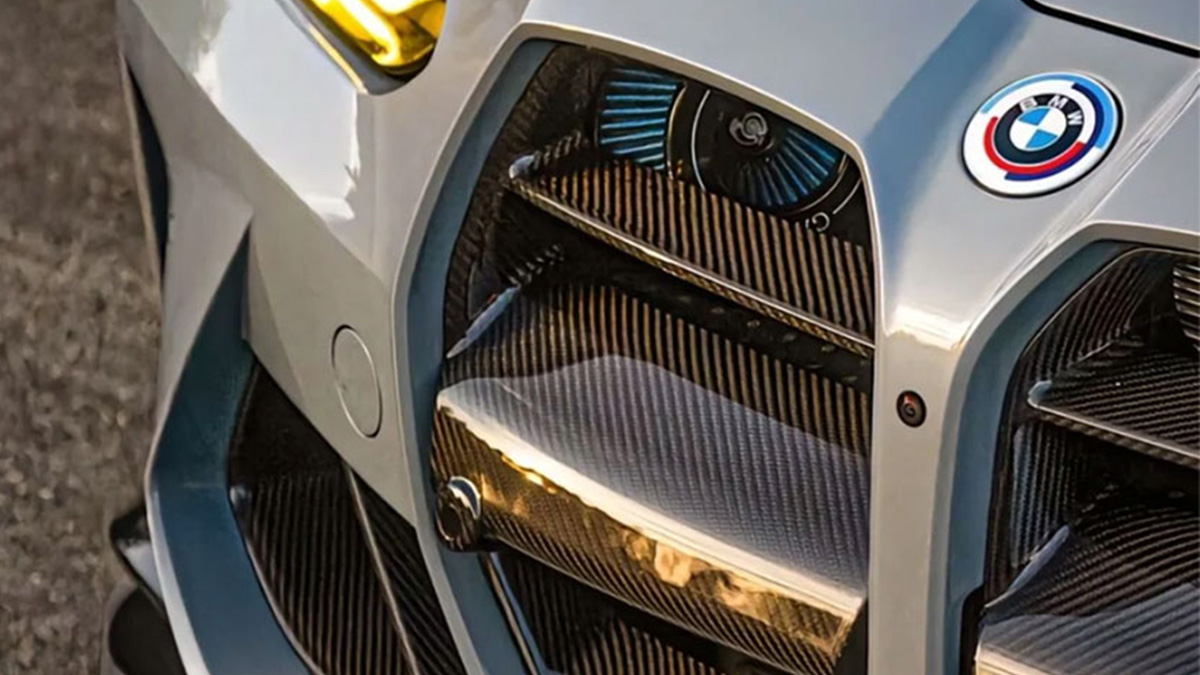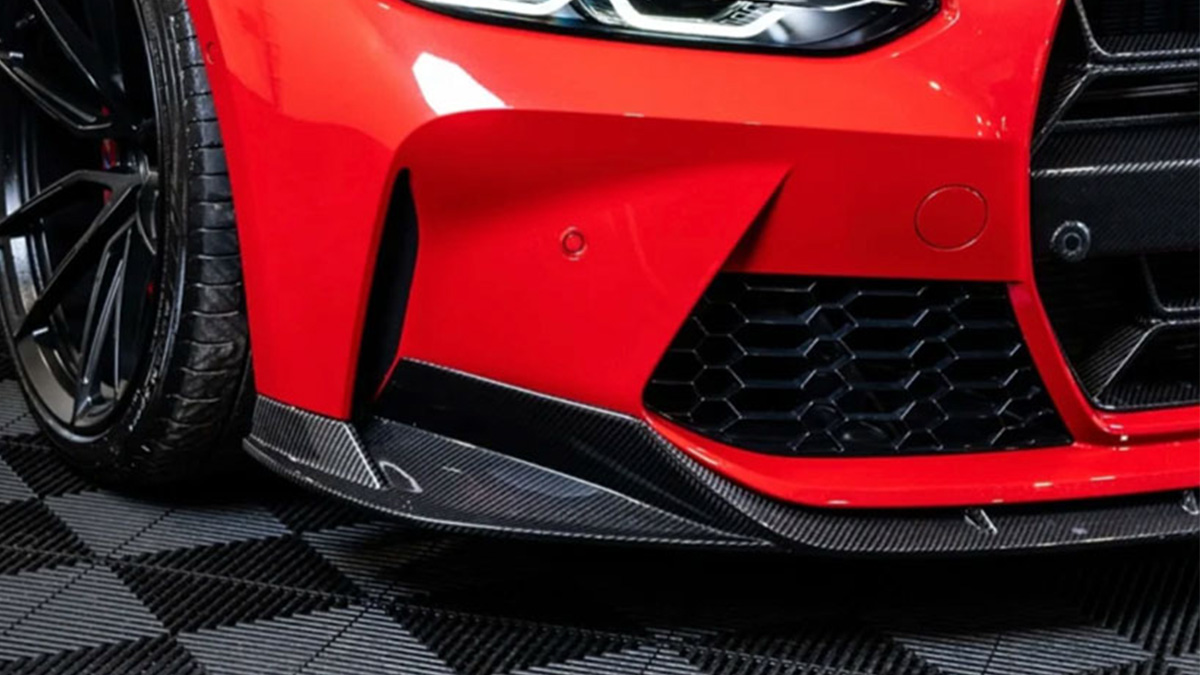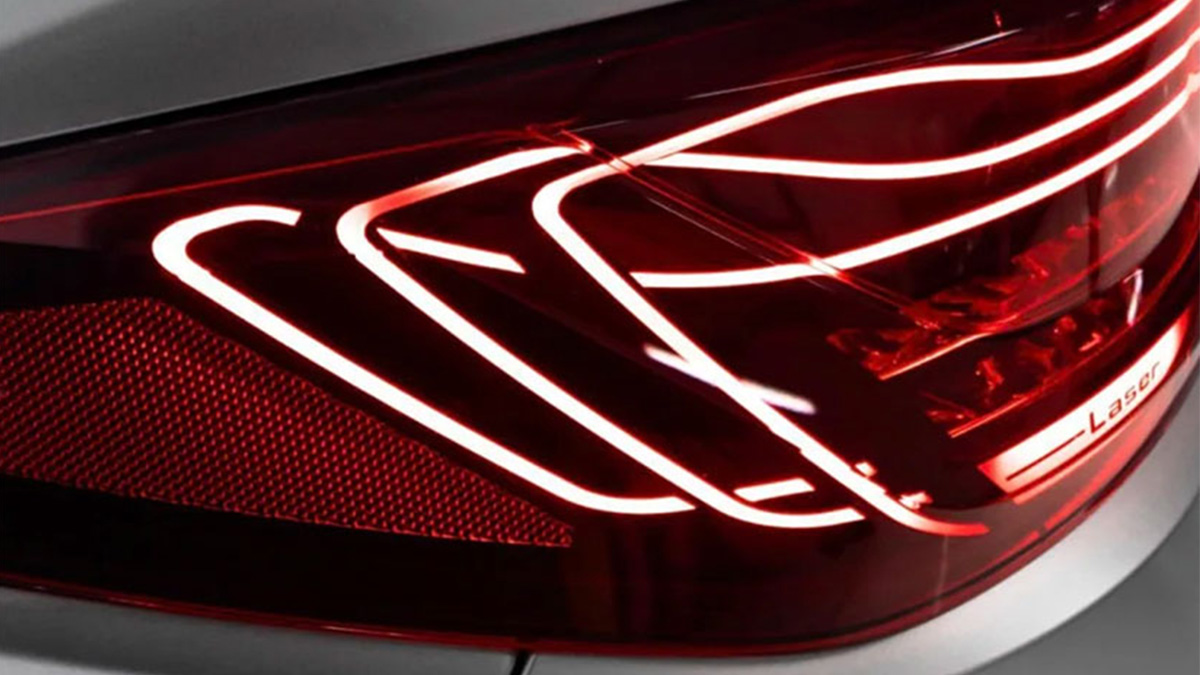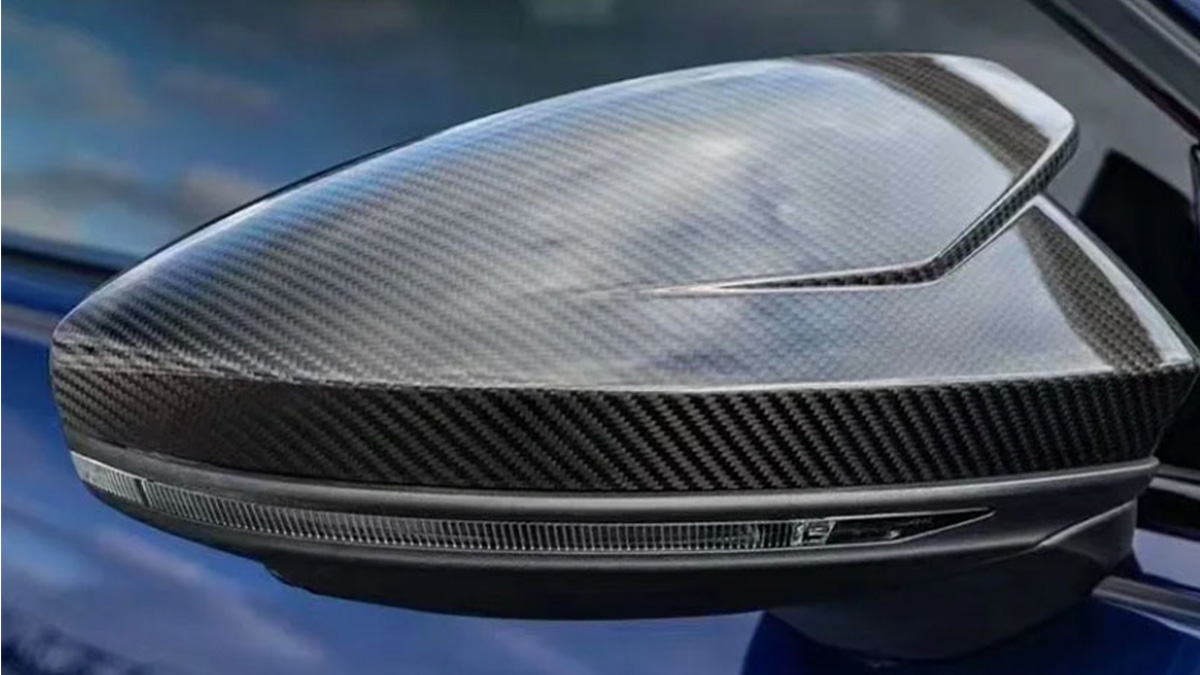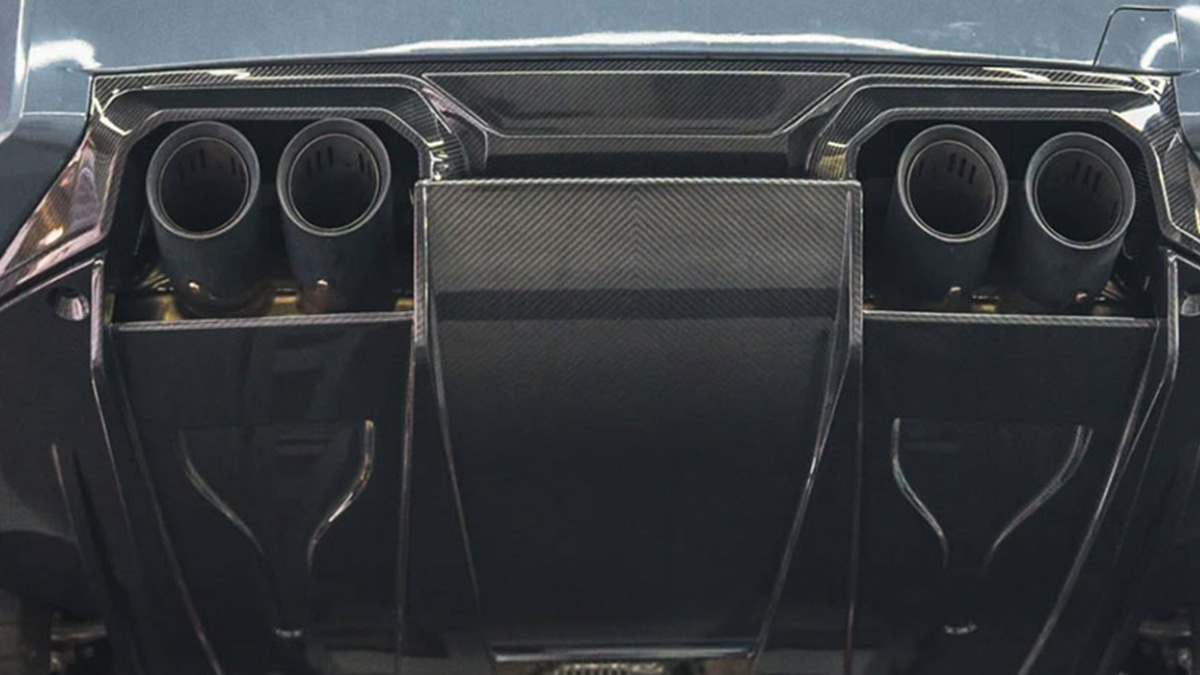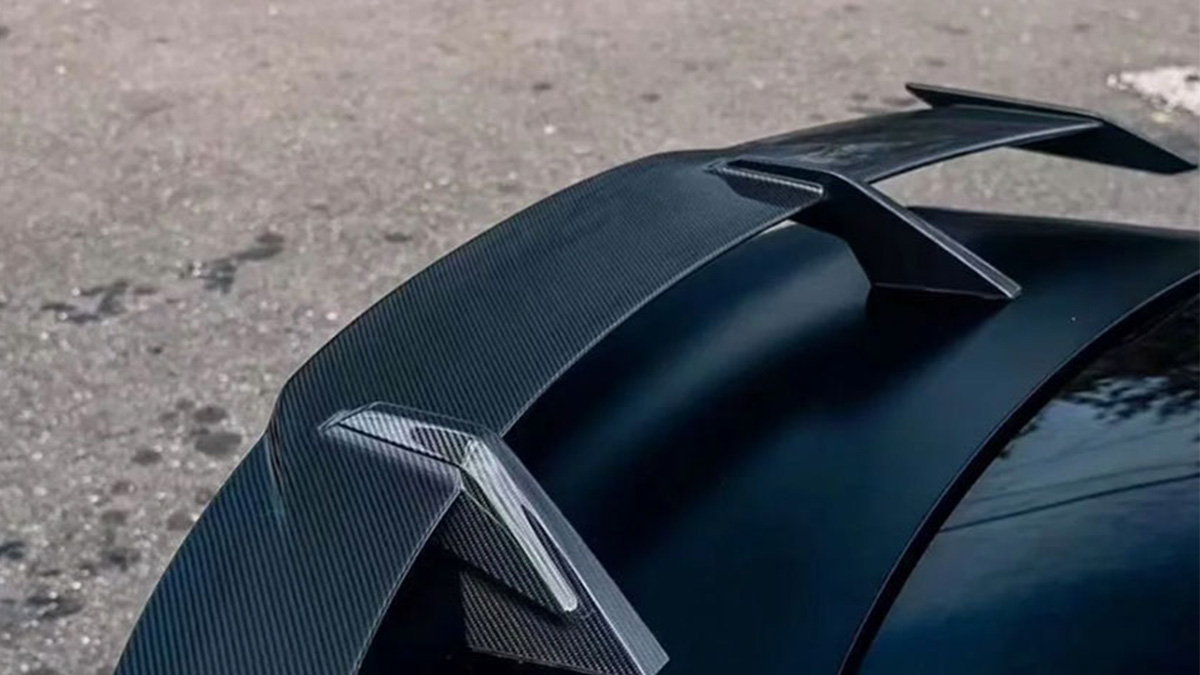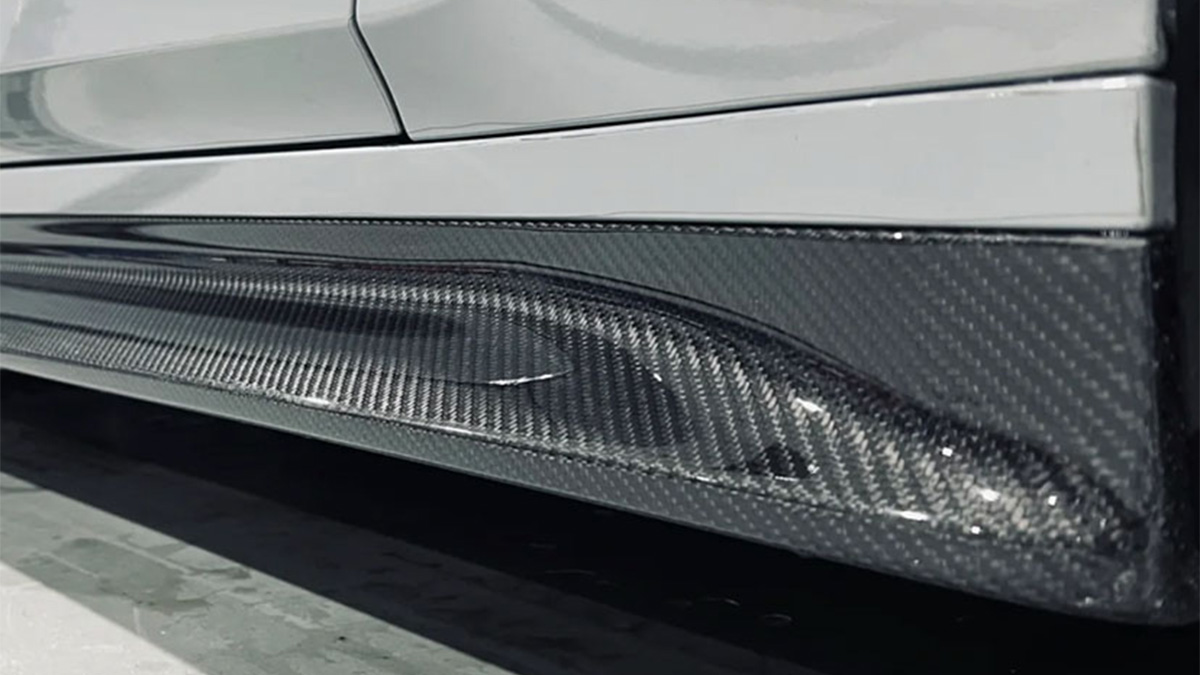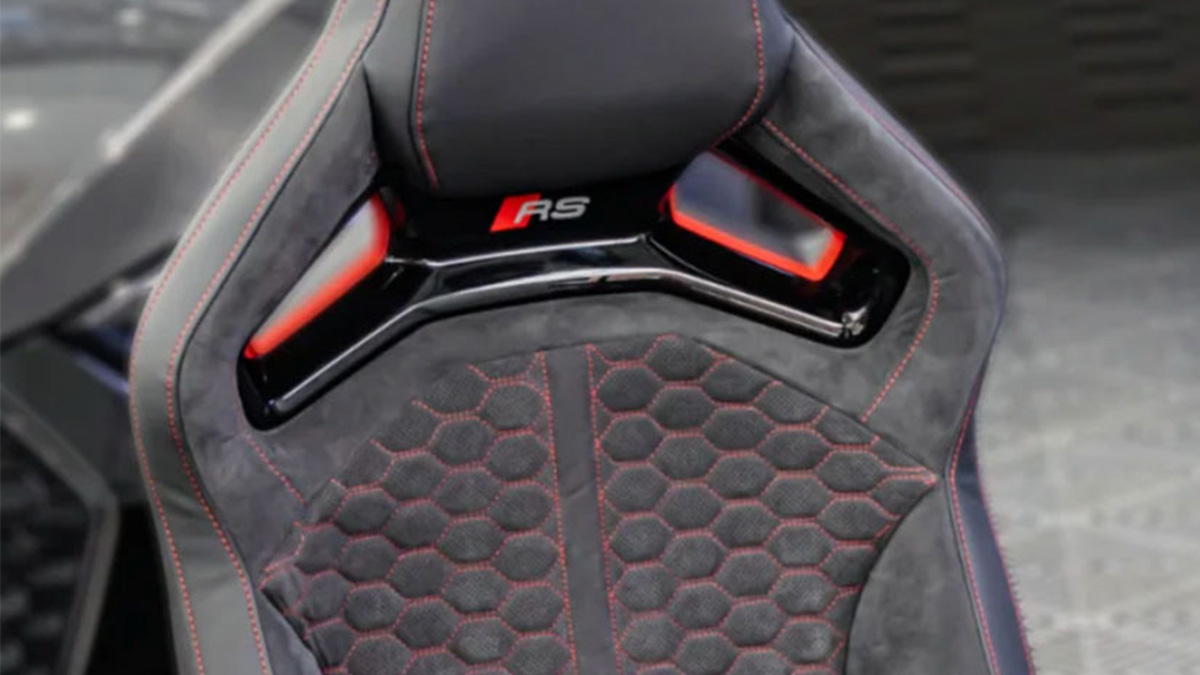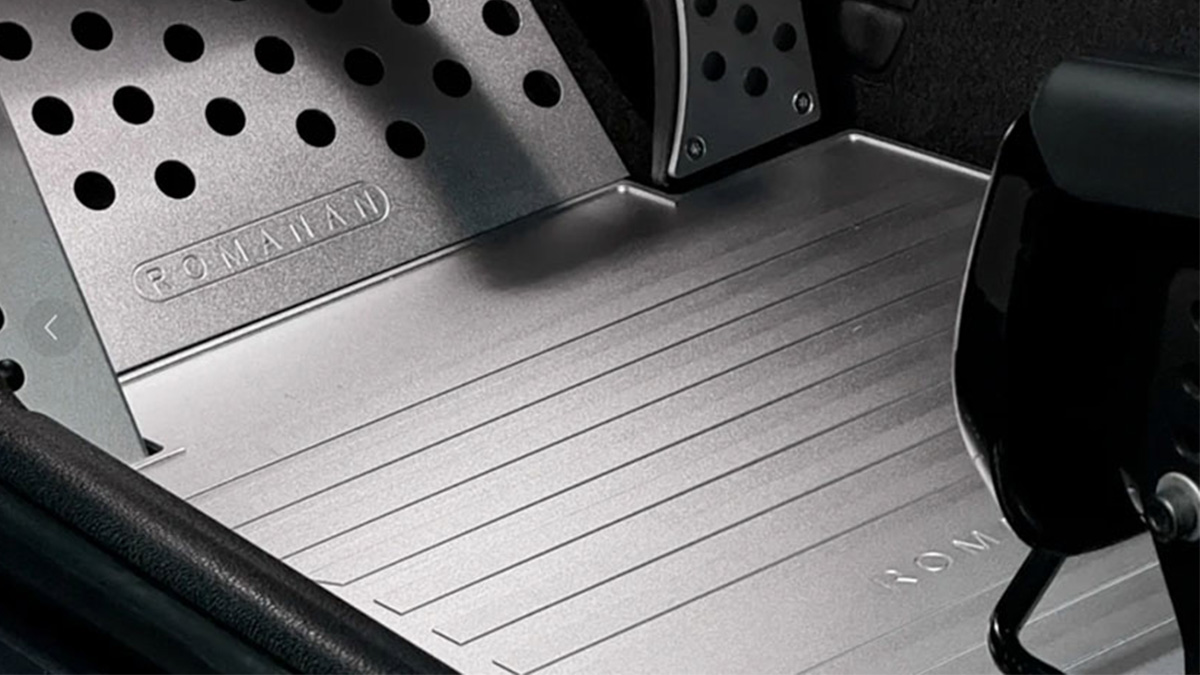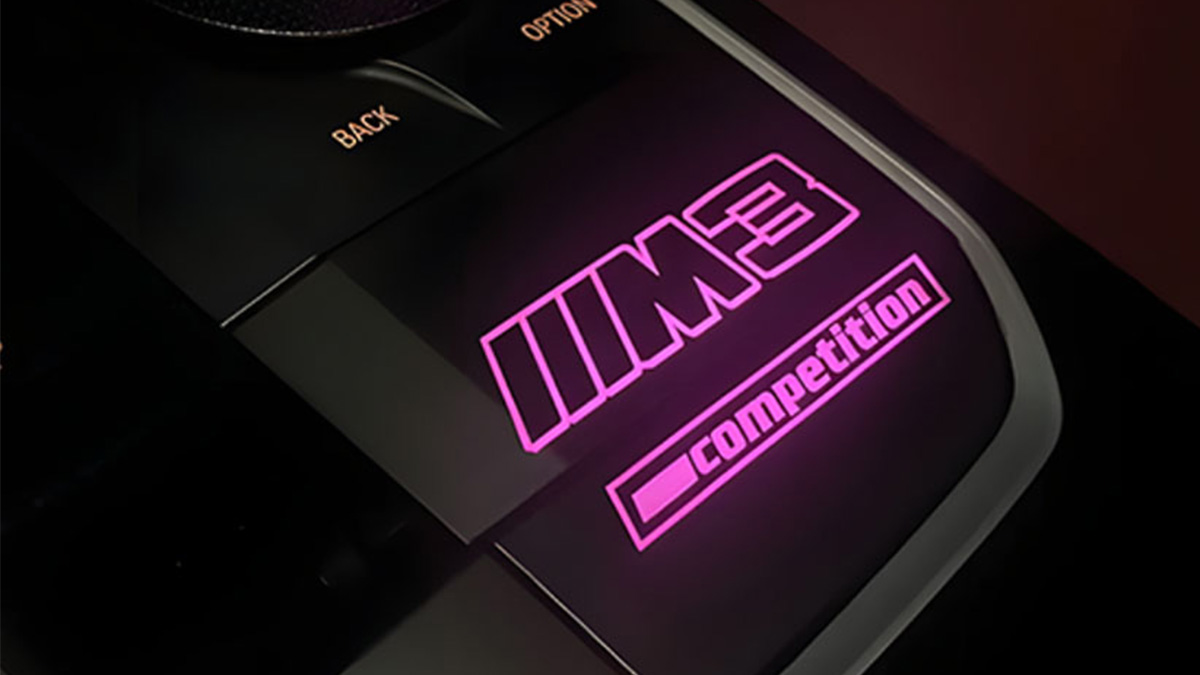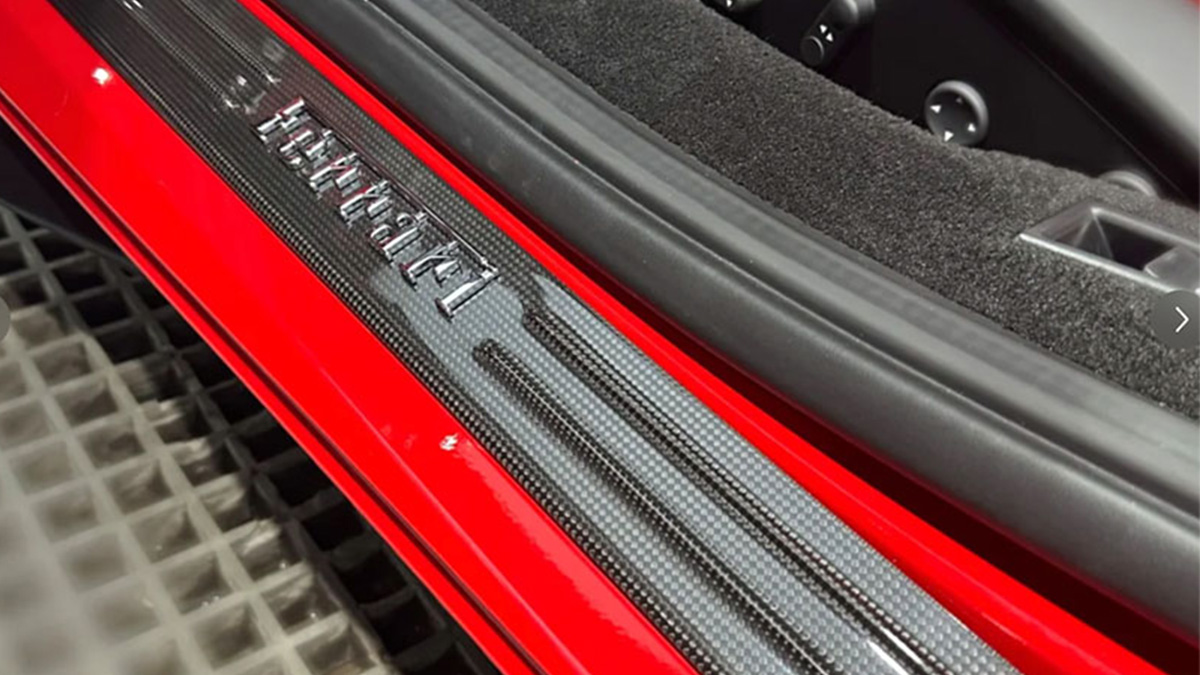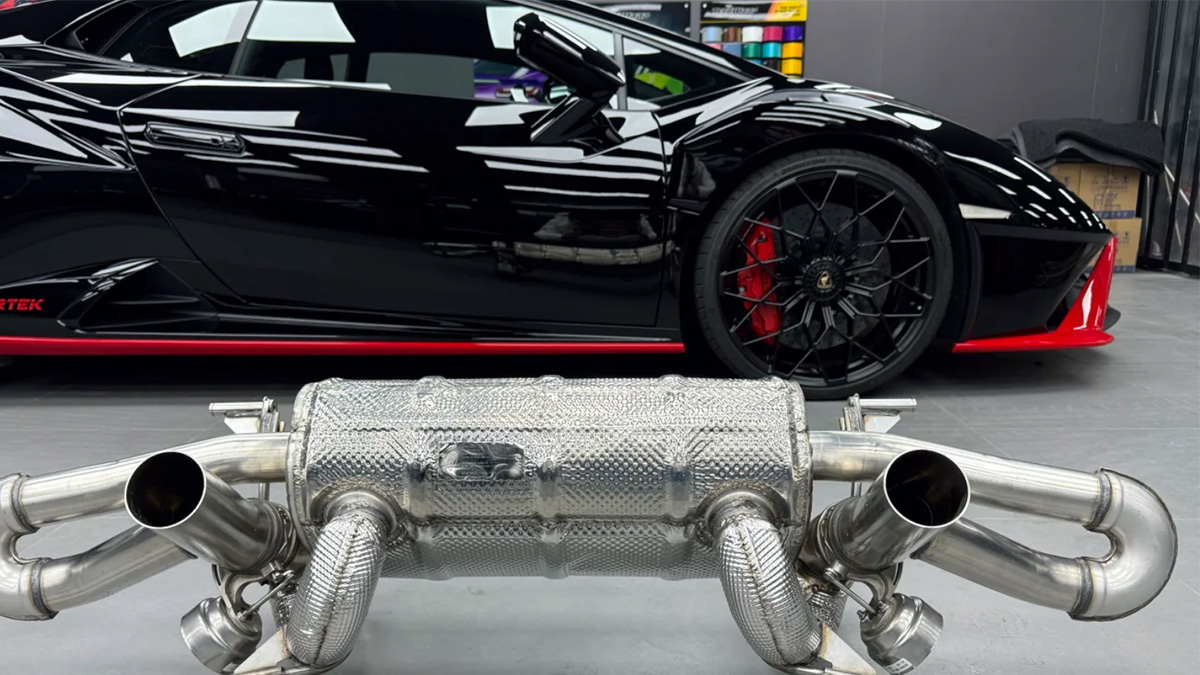Why the Porsche 968 Turbo S is So Rare

The Porsche 968 Turbo S is a true gem in automotive history. With only 14 units ever produced between 1992 and 1994, it stands as one of the rarest Porsche models. Porsche initially planned to manufacture 100 units, but high production costs led to the program’s cancellation. This exclusivity makes the 968 Turbo S highly desirable among collectors. The car was exclusive to the European market, adding to its mystique. Its turbocharged engine delivers 305 horsepower, allowing it to reach 60 mph in just 4.8 seconds. These features, combined with its aggressive design, make it unforgettable.
Principaux enseignements
The Porsche 968 Turbo S is very rare. Only 14 were made, making it a prized collector’s car.
Its turbo engine gives 305 horsepower. It goes from 0 to 60 mph in 4.8 seconds, showing great speed.
The car has special designs like a lower body for better airflow and unique Speedline wheels, making it look cool.
The 968 Turbo S sells for high prices at auctions, sometimes up to $792,000, showing its value to collectors.
Owning a Porsche 968 Turbo S makes you part of a special group. It combines rarity, speed, and smart engineering.
Limited Production Numbers
Exclusive Production Run
The Porsche 968 Turbo S stands out due to its extremely exclusive production run. Porsche only manufactured 14 units, making it one of the rarest Porsche models ever created. This limited number of Turbo S units was a deliberate decision, ensuring that the car would remain a unique and coveted piece of automotive history. If you ever come across one, you’re looking at a true rarity. The exclusivity of the 968 Turbo S has elevated its status among collectors and enthusiasts, who value its scarcity and engineering excellence.
Why Only 14 Units Were Made
You might wonder why Porsche decided to produce such a small number of the 968 Turbo S. Several factors contributed to this decision:
Porsche initially planned to produce 100 units, but high production costs forced the company to scale back.
The Turbo S competed with the top 911 models of the 964 era, creating internal competition within Porsche’s lineup.
At 175,000 DM, the Turbo S was priced between the 911 Turbo 3.6 and the Carrera RS. This pricing strategy made it less appealing to potential buyers.
These challenges ultimately led Porsche to limit the number of Turbo S units, making it a rare gem in the world of Porsche models.
Comparison to Other Rarest Porsche Models
When comparing the Porsche 968 Turbo S to other rare Porsche models, its exclusivity becomes even more apparent. Here’s a quick look at how it stacks up:
Modèle | Production Number |
|---|---|
Porsche 968 Turbo S | 14 |
Other Rare Models | Higher Numbers |
Most rare Porsche models have production numbers significantly higher than 14. For example, even limited-edition homologation specials often exceed this figure. The 968 Turbo S was initially planned for a production run of 100 units, but Porsche halted production after only 14 were completed. This decision cemented its place as one of the rarest Porsche models ever made.
Unique Features and Engineering

Turbocharged Performance
The Porsche 968 Turbo S delivers exceptional performance, setting it apart from other models in the 968 series. Its turbocharged engine, featuring a KKK K27 turbocharger, produces 305 horsepower and 369 lb-ft of torque. This power allows the car to accelerate from 0 to 60 mph in just 4.8 seconds and reach a top speed of 174 mph. The engine’s design includes a reinforced six-speed gearbox and a Torsen limited-slip differential, ensuring smooth power delivery and improved traction during spirited driving.
The 968 Turbo S also features a sports suspension system, enhancing its handling capabilities. This setup includes fully independent suspension with MacPherson struts and torsion bars, providing a balanced and responsive driving experience. The braking system, borrowed from the 911 Turbo S, includes red-painted four-piston calipers and cross-drilled discs, offering reliable stopping power. These features make the 968 Turbo S a true performance machine.
Distinctive Design and Aerodynamics
The design of the Porsche 968 Turbo S emphasizes both performance and exclusivity. The car’s body sits 20 mm lower than standard models, improving its aerodynamics and handling. Additional air inlets, NACA ducts on the hood, and a larger adjustable rear wing enhance airflow and stability at high speeds. A body-colored chin spoiler and an enlarged central air intake further contribute to its aggressive appearance.
The 968 Turbo S also features unique three-piece 18-inch Speedline rims, giving it a distinctive stance. Twin-pipe exhausts not only improve performance but also add to the car’s striking design. The prototype’s vibrant Speed Yellow paint and paint-to-sample code 98 highlight its exclusivity, making it a standout among Porsche models.
Lightweight Engineering and Technology
Weight reduction played a crucial role in the development of the Porsche 968 Turbo S. Engineers removed non-essential features like power windows, rear seats, and the central locking system. These changes made the Turbo S lighter than the 968 CS version, enhancing its acceleration and overall performance. The car’s lightweight design allowed it to achieve a 0 to 60 mph time of 4.8 seconds, showcasing the benefits of its engineering.
The focus on lightweight technology extended to the materials used in the car’s construction. The Sport Chassis pack, standard on the Turbo S, contributed to its reduced weight and improved handling. By prioritizing performance over luxury, Porsche created a car that delivers an exhilarating driving experience.
Historical Context and Market Position
The Porsche 968 Series and Its Evolution
The Porsche 968 represents the final chapter in Porsche’s front-engine, water-cooled sports car lineage. This series, produced from 1991 to 1995, evolved from the earlier 944 model. Porsche initially planned to name it the “944 S3,” but extensive updates led to a new designation. Nearly 80% of its components were either new or significantly redesigned. These changes included a modernized 3.0-liter engine and a six-speed manual transmission, which improved performance and efficiency.
The 968 emerged during a challenging financial period for Porsche. Despite these difficulties, the car introduced advanced mechanical upgrades and a sleek design. It is often regarded as one of the most well-balanced Porsches ever made. This model marked the end of an era for Porsche’s front-engine sports cars, leaving a lasting legacy in the brand’s history.
The Role of the Turbo S in Porsche’s Lineup
The Porsche 968 Turbo S held a unique position as the top-performing model in the 968 series. Designed as a homologation special for racing, it showcased Porsche’s engineering excellence. Its turbocharged engine delivered 305 horsepower and 369 lb-ft of torque, making it one of the fastest cars in Porsche’s lineup at the time.
The Turbo S was developed to compete in amateur GT racing, which required significant upgrades over the base model. However, it faced stiff competition from the 911 series, which overshadowed its appeal. Despite its impressive specifications, the Turbo S struggled to connect with traditional Porsche fans. Its high price and niche focus limited its commercial success, but it remains a testament to Porsche’s commitment to performance.
Challenges in the 1990s Sports Car Market
The 1990s presented significant challenges for the Porsche 968 and its Turbo S variant. The global economic downturn affected consumer spending, and the aging platform of the 968 struggled to attract buyers. While the 944 had achieved annual sales of nearly 17,000 units, the 968 managed less than 13,000 units over its entire production run.
The Turbo S, priced at 175,000 DM, was significantly more expensive than the base model. This pricing strategy deterred many potential buyers. Additionally, the Turbo S faced internal competition from the 911 models, which were more established in Porsche’s lineup. These factors, combined with the high costs of racing homologation, contributed to the Turbo S’s limited production and niche status.
Collector Appeal and Legacy
Why Collectors Prize the Porsche 968 Turbo S
As a collector, you value exclusivity, and the Porsche 968 Turbo S delivers that in spades. With only 14 units ever produced, it stands as one of the rarest Porsche models. This rarity alone makes it a prized possession, but the car offers much more. Its 305-horsepower turbocharged engine and top speed of 175 mph place it among the most powerful front-engine Porsches ever made. The lightweight engineering and advanced aerodynamics further enhance its appeal, making it a true performance icon.
The Porsche 968 Turbo S also boasts unique design elements, such as hood scoops, an adjustable rear wing, and three-piece Speedline wheels. These features not only improve performance but also give the car a distinctive look that sets it apart from other models. Collectors appreciate these details, as they highlight Porsche’s commitment to innovation and craftsmanship.
Auction Trends and Market Value
The Porsche 968 Turbo S has consistently commanded high prices at auctions, reflecting its desirability. In 2021, one of these rare models sold for $792,000, making it the most expensive front-engine Porsche ever auctioned. This record-breaking sale underscores the car’s increasing value over time. Another notable auction in 2023 saw the prototype sell for $516,500, further cementing its status as a collector’s dream.
The limited production and high-performance features of the Porsche 968 Turbo S drive its market value. Collectors recognize its significance within Porsche’s history, and this recognition translates into strong demand. Upcoming auctions estimate prices between $550,000 and $750,000, indicating that the car’s value continues to rise.
The Enduring Legacy of the 968 Turbo S
The Porsche 968 Turbo S leaves a lasting legacy in the automotive world. Its rarity and engineering excellence make it a symbol of exclusivity and performance. The sole prototype, with VIN 800412, stands as a testament to Porsche’s innovative spirit. This car not only represents the pinnacle of the 968 series but also influences future Porsche models.
The 968 Turbo RS, a racing variant, showcased the model’s potential on the track. It competed in prestigious events like the 24 Hours of Daytona, solidifying its place in Porsche’s motorsport heritage. Additionally, the 968 introduced advanced features like variable valve timing and a six-speed manual transmission. These innovations paved the way for technological advancements in later Porsche sports cars, including the Boxster and Cayman.
The Porsche 968 Turbo S remains a celebrated chapter in Porsche’s history. Its combination of rarity, performance, and innovation ensures its place as one of the most iconic and sought-after models in the brand’s lineup.
The Porsche 968 Turbo S stands as a remarkable chapter in Porsche’s history. With only 14 units produced, it exemplifies exclusivity and engineering brilliance. You can see its influence in modern Porsche models, from balanced handling to advanced features like variable valve timing. Its turbocharged engine, lightweight design, and sports suspension deliver an exhilarating driving experience. Owning this car places you in an elite group of enthusiasts. The 968 Turbo S continues to captivate collectors and enthusiasts worldwide, solidifying its legacy as one of the rarest and most innovative Porsche models ever created.


